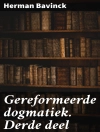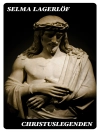This study shows the influence of the Anglo-Saxon churches and their Ecumenical Councils’ on the ecumenical movement in Germany from the time of the 1848 Revolution to the end of the Second World War in 1945.It interprets the circumstances of the internationally-connected Free Churches (Methodists, Baptists, Congregationalists) at a time of high national feeling and under very different political systems (Monarchy, Republic, Dictatorship). The study gives insight into these churches’ contributions to the development of the ecumenical movement during that confused time in Germany. ‘
About the author
Dr. theol. Miriam Rose ist Wissenschaftliche Assistentin am Institut für Fundamentaltheologie und Ökumene der Ludwig-Maximilians-Universität München, an der sie 2005 promoviert worden ist.












